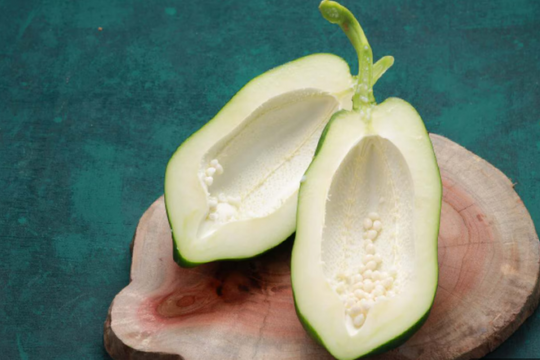9 foods recommended by doctors for people with headaches or migraines
If frequent headaches or migraines are disrupting your life, diet may be part of the solution. Certain foods not only provide essential nutrients, but also help alleviate uncomfortable symptoms and even reduce the frequency and severity of attacks.
Regarding headaches or migraines, Dr. Nicholas Church, a member of the American Board of Family Medicine, said that this symptom is highly individual, meaning that what makes one person feel comfortable may cause more pain for another, and vice versa.
Therefore, a holistic approach is needed, from keeping the body hydrated, exercising regularly, sleeping on time to managing stress.

Dr. Church also encourages patients to keep a “headache diary,” which includes factors such as timing of pain, lifestyle habits, and especially foods consumed, to detect patterns that trigger or relieve pain.
Here are foods that doctors and nutritionists recommend you consider adding to your diet.
1. Foods rich in omega-3s such as salmon, mackerel and nuts
One of the food groups recommended by experts to help relieve headaches and migraines are foods rich in omega-3 fatty acids, especially fish and plant-based nuts.
“Salmon, mackerel, and sardines are great choices because they are high in EPA and DHA – two omega-3s with powerful anti-inflammatory properties,” says Dr. Nicholas Church.
He cites a randomized controlled study published in 2021 that found a diet rich in omega-3s reduced the frequency and severity of migraines, thanks to its ability to regulate inflammation and improve blood vessel health in the brain.

Church also highlighted the role of prostaglandins – hormone-like compounds involved in inflammation and pain – and said omega-3s can modulate their activity, thereby aiding in pain control.
In addition, fatty fish also provides vitamin D, coenzyme Q10 and B vitamins such as riboflavin, important nutrients for nerve function and energy metabolism in the brain.
Nutritionist Kiran Campbell from the technology company MyNetDiary (USA) also cited a 2024 meta-analysis, confirming that omega-3 can reduce both the frequency, duration and severity of migraines. She recommends adding plant sources such as chia seeds, flax seeds, walnuts and algae oil to enhance the anti-inflammatory benefits.
2. Increase magnesium from natural foods like kale and pumpkin seeds
Magnesium – an essential but often overlooked mineral – is increasingly gaining attention in migraine research. “There is growing evidence that migraine sufferers often have low levels of magnesium in their red blood cells, serum, and brain tissue,” says Dr. Daniel Redwood, director of the Department of Human Nutrition and Functional Medicine at the University of Western States.
Dr. Paul Daidone, Medical Director at True Self Recovery, a health and addiction care organization in the US, agrees and recommends supplementing magnesium through nutrient-rich foods such as pumpkin seeds, avocados, and kale.

He cites a 2022 study that found magnesium deficiency may contribute to migraines through complex mechanisms such as neurotransmitter imbalance, oxidative stress, and electrolyte disturbances in the brain.
Although it is not yet conclusive that dietary magnesium deficiency is a direct cause of migraines, experts believe that both intracellular and extracellular magnesium levels play an important role in the development of pain.
Dr. Schonze Del Pozo, an internist and medical director at East Sacramento Concierge Medical Clinic (USA), also emphasized that many of her headache patients show signs of magnesium deficiency.
Based on a study published in the Austrian Journal of Neural Transmission in 2012, she recommends increasing your daily intake of dark green leafy vegetables such as kale and broccoli, foods that are not only rich in magnesium but also good for overall health.
3. Ginger – a natural choice to help relieve migraines
Ginger has long been known as a folk remedy for nausea, but there's growing evidence that the spice can also help soothe migraine headaches.
“In my practice, I have seen many patients experience significant improvement in their migraines by using ginger, whether in tea, powder or supplement form,” says Dr. Maria Knöbel, GP and Medical Director of online medical advice service Medical Cert UK (UK).
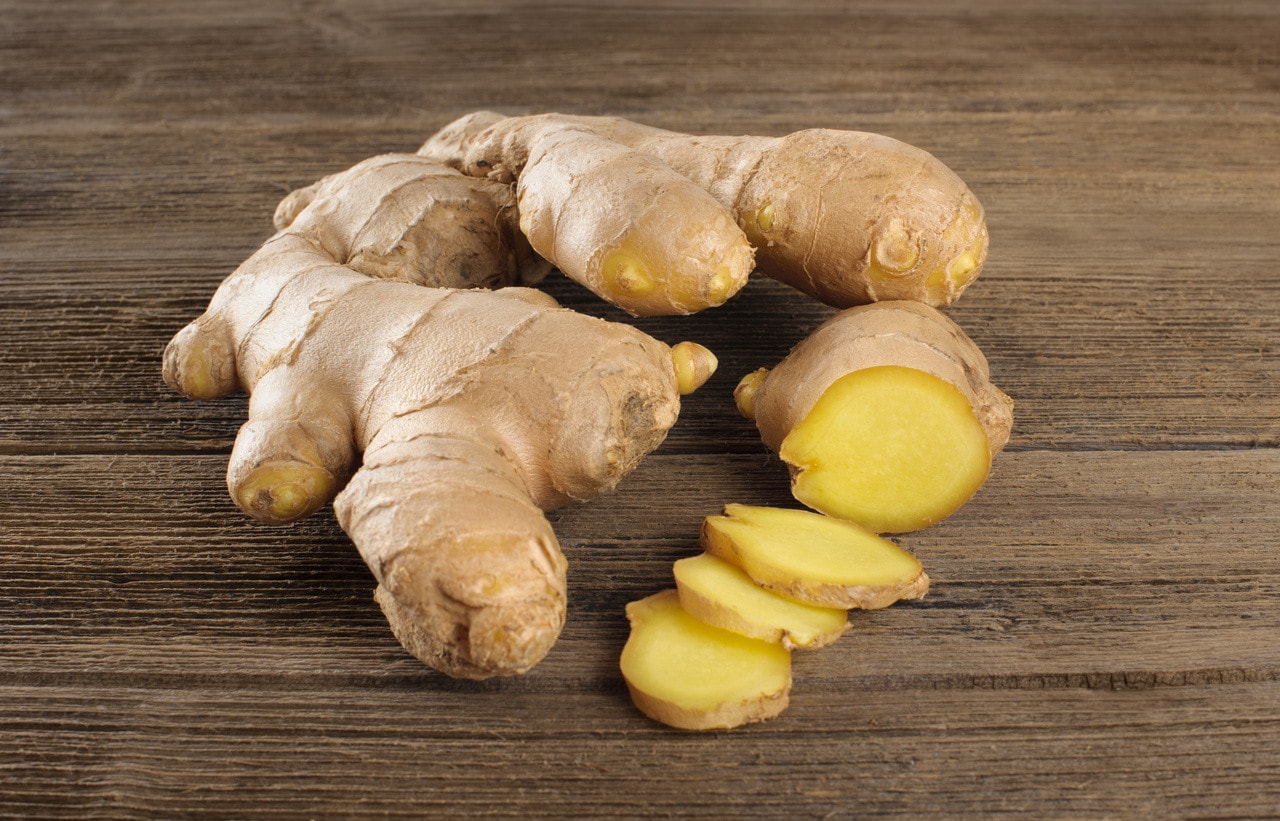
A 2014 study found that ginger powder was as effective as sumatriptan, a migraine medication, but with fewer side effects, she said. Ginger also has anti-inflammatory properties, which are important in managing headaches, and can ease the nausea that often accompanies headaches.
Dr. Knöbel also notes that drinking enough water combined with ginger, such as through warm ginger tea, can help prevent a migraine from getting worse.
Nutritionist Church also advocates the use of ginger, noting that compounds like gingerol in ginger have natural anti-inflammatory properties.
He says many of his patients have found remarkable relief from ginger tea, ginger candy or extracts.
A 2019 study also showed that combining 400 mg of ginger extract with ketoprofen (an anti-inflammatory drug) can be significantly effective in treating acute migraine attacks.
4. Nuts – a natural source of magnesium that helps relieve migraines
In addition to green leafy vegetables, nuts and seeds such as almonds, pumpkin seeds, sunflower seeds and walnuts are also magnesium-rich foods that can help reduce the frequency and severity of migraines.
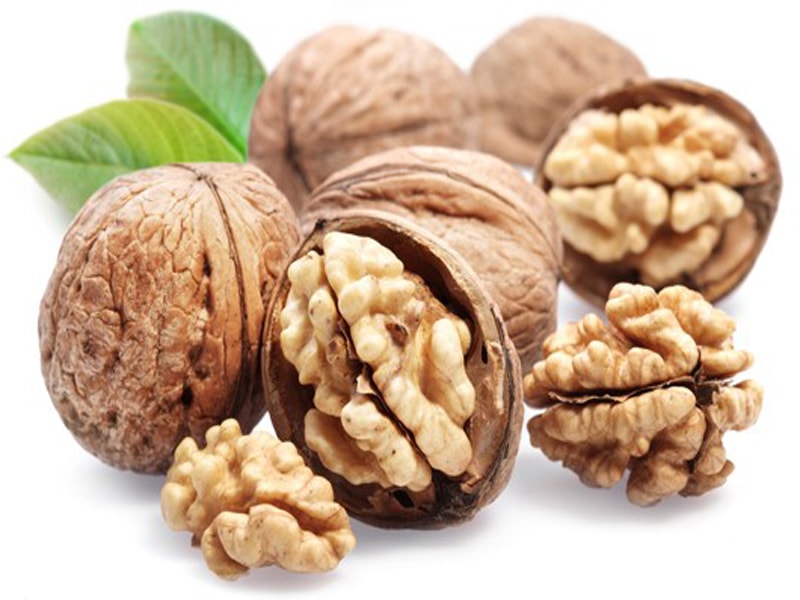
“I often recommend that patients add these nuts to their daily diet,” says nutritionist Church. “Not only are they high in magnesium, an important mineral in regulating nerve activity, but some nuts also provide vitamin E, which has been shown to have a positive effect on hormonal migraines.”
A 2015 study also found that supplementing with foods rich in magnesium and vitamin E may help improve migraine symptoms in women, especially during hormone-sensitive periods.
5. Cinnamon – Aromatic spice that can help relieve migraines
According to nutritionist Campbell, cinnamon is not only a delicious spice, but also contains high levels of antioxidants, which can help reduce inflammation and help control the frequency of migraine attacks.
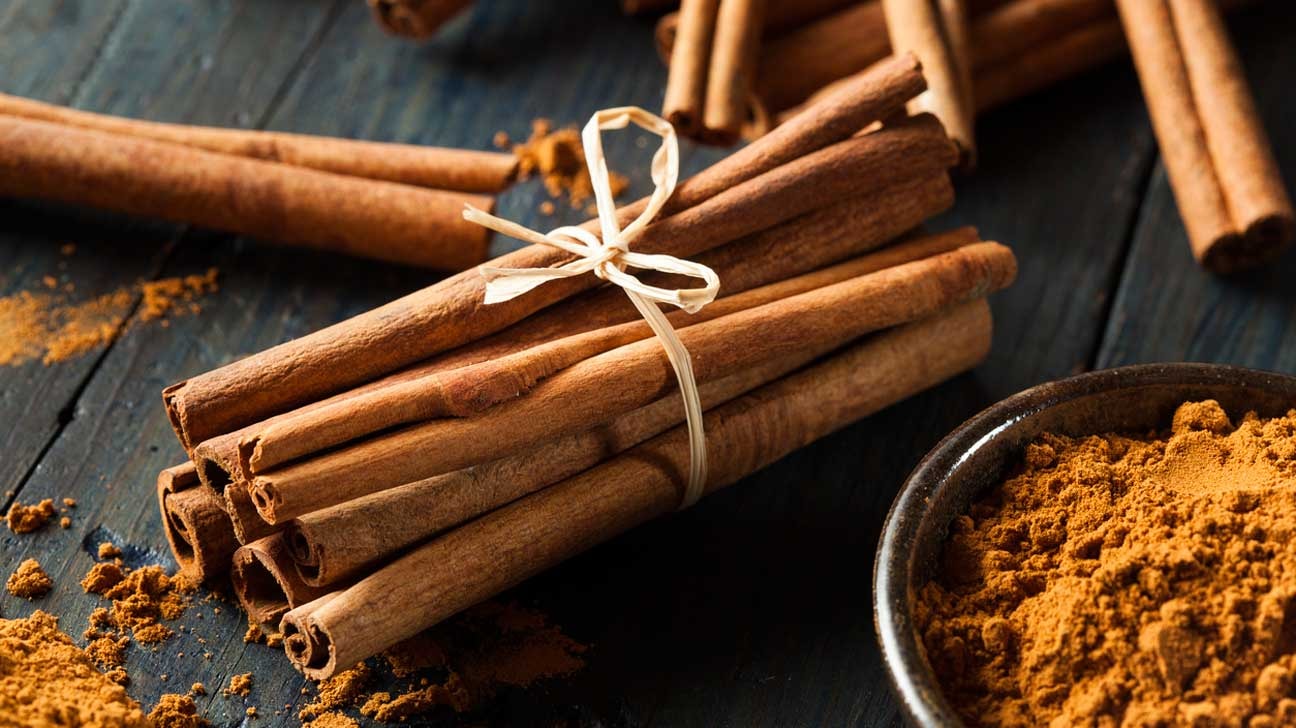
“You can add cinnamon to your oatmeal, your morning tea, or use it in baking,” she suggests. Campbell also cites a 2020 clinical study that found cinnamon supplementation can reduce the severity, frequency, and duration of migraines, thanks to its natural anti-inflammatory effects.
6. Foods rich in vitamin B2 such as eggs and lean meat
Vitamin B2, also known as riboflavin, is gaining increasing attention in research related to migraines.
According to nutrition expert Church, a famous randomized controlled trial from 1998 showed that supplementing with 400 mg of riboflavin daily can significantly reduce the frequency and severity of migraines after just 3 months.
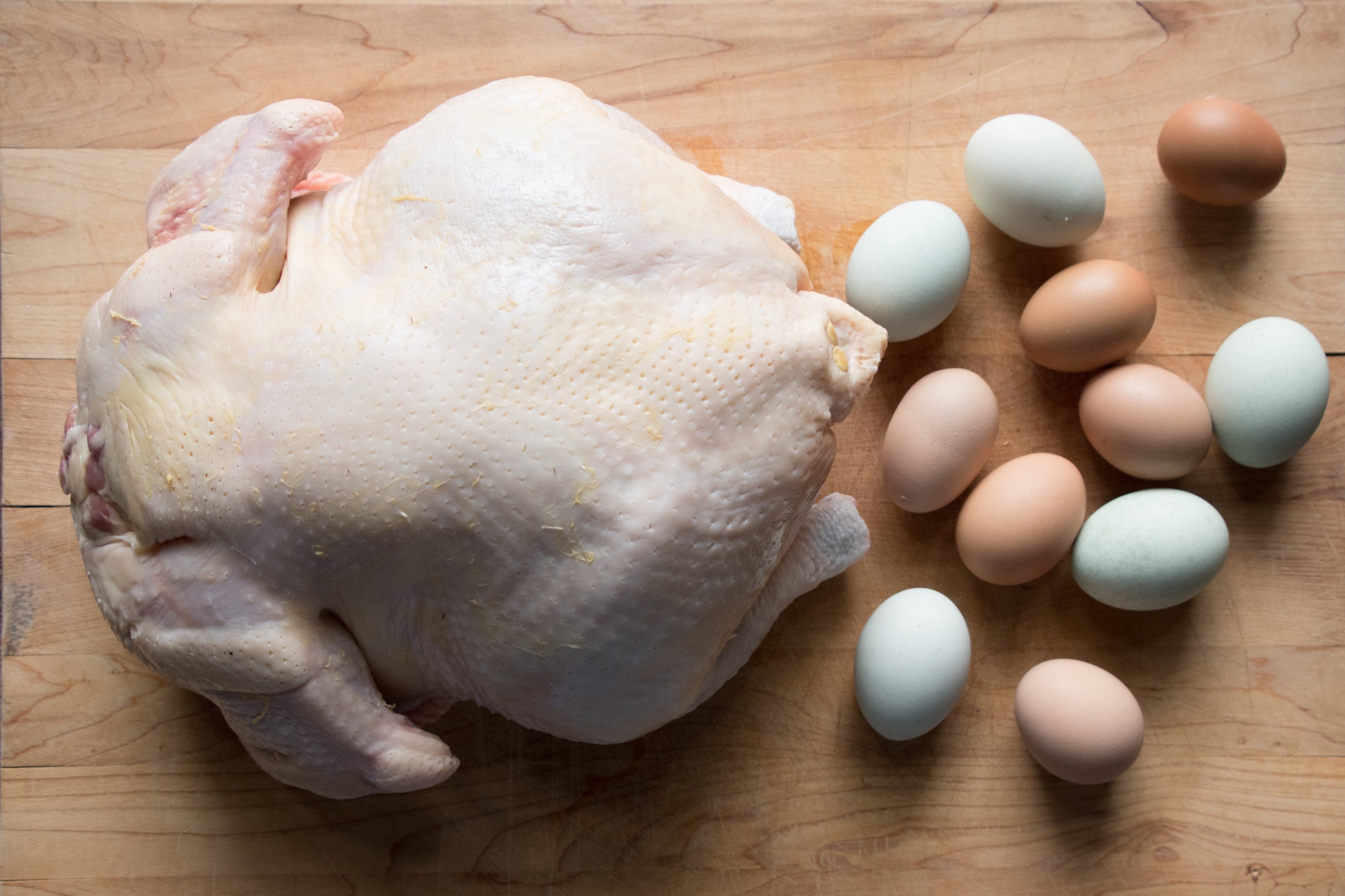
While this intake usually comes from supplements, consuming riboflavin-rich foods like eggs, milk, and lean meats still provides similar benefits by supporting metabolic processes related to cellular energy.
“Riboflavin is important for energy production in mitochondria – the powerhouse of the cell,” Church explains. “Many researchers believe that impaired energy metabolism in neurons is one of the underlying factors that cause migraines.”
Dr. Daniel Redwood adds that vitamin B2 is one of the most promising nutrients in the group of supplements that help prevent migraines, along with Coenzyme Q10 and magnesium. He cites a 1946 article in the Canadian Medical Association Journal that made early mention of the effectiveness of low-dose riboflavin.
A 2022 systematic review and meta-analysis also added to the evidence, showing that riboflavin supplementation at 400 mg/day for 3 months significantly reduced the duration, frequency, and severity of migraine attacks.
7. Turmeric - helps control migraines when combined with omega-3s
Curcumin, the main active ingredient in turmeric, is known for its powerful antioxidant properties and is thought to aid in migraine control when combined with omega-3s.
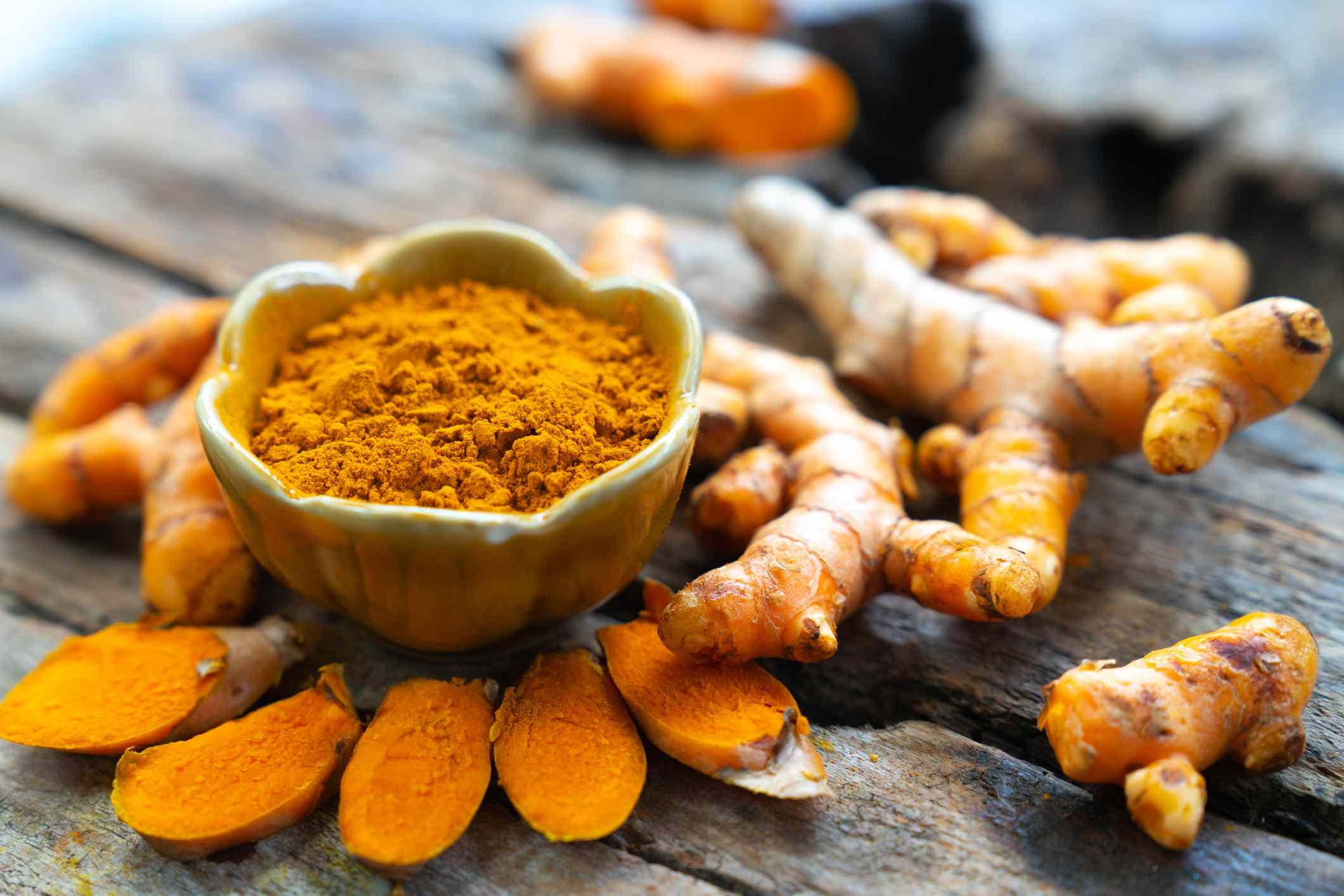
According to nutritionist Campbell, curcumin is especially effective when used with omega-3 fatty acids. You can easily add turmeric to your diet by adding it to smoothies, dishes, or making tea.
A 2021 clinical trial found that a combination of curcumin and omega-3s has the potential to reduce the frequency and severity of migraines. While the results are promising, Campbell stressed that more research is needed to confirm long-term effectiveness.
8. Whole grains like oats and brown rice
Whole grains like brown rice and oats can play an important role in preventing headaches and migraines, according to nutritionist Church.
“They provide a steady supply of glucose, helping to avoid low blood sugar, which can trigger headaches,” he explains. “Whole grains are also a rich source of fiber, B vitamins, iron, and magnesium—nutrients essential for brain health.”
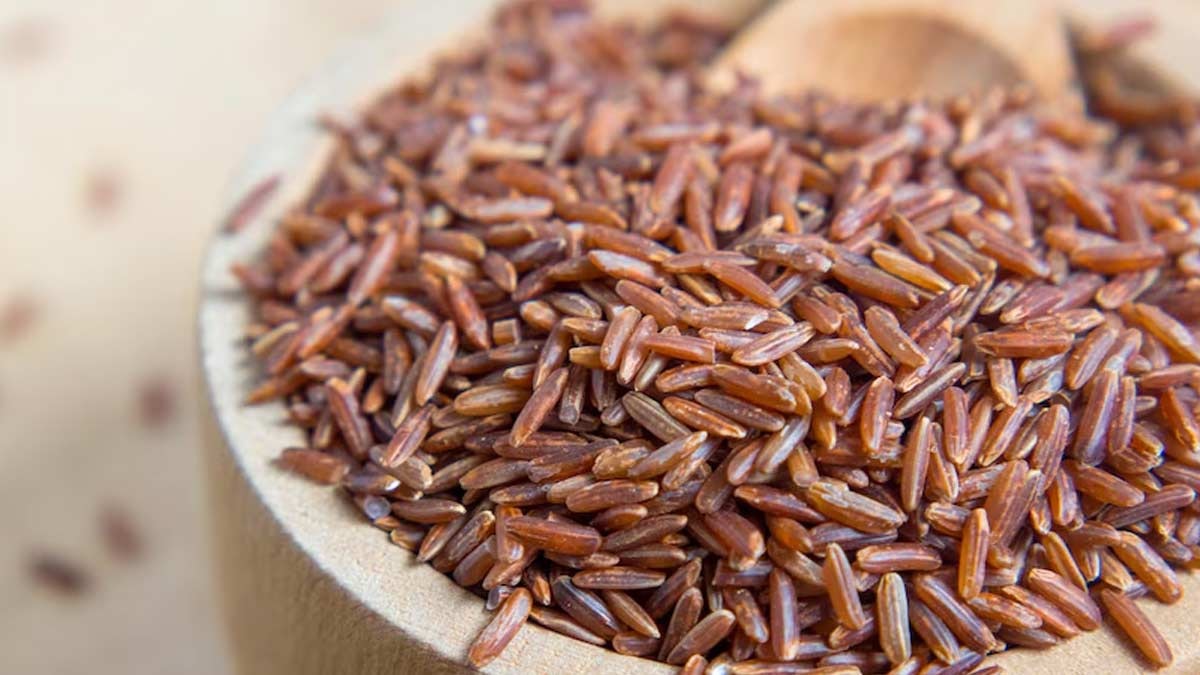
Church cites a 2023 study based on data from more than 12,700 participants in the US National Health and Nutrition Examination Survey (NHANES). The results showed that each additional 10 grams of fiber in the diet can reduce the risk of severe headaches or migraines by 11%.
“The vitamins and minerals from whole grains not only support cellular energy production but also promote oxygen transport to the brain, thereby contributing to reducing the risk of migraine attacks,” Church emphasized.
He also mentioned curcumin, an active ingredient from turmeric, as a potential candidate for migraine management due to its anti-inflammatory and antioxidant properties, although more research is needed to confirm clinical efficacy.
9. Water-rich foods like cucumbers and watermelon
Dehydration is one of the most common causes of headaches, including migraines, so staying hydrated every day can play a key role in reducing the frequency and severity of headaches, says Dr. Kimberly Idoko, a neurologist and developmental neurologist.
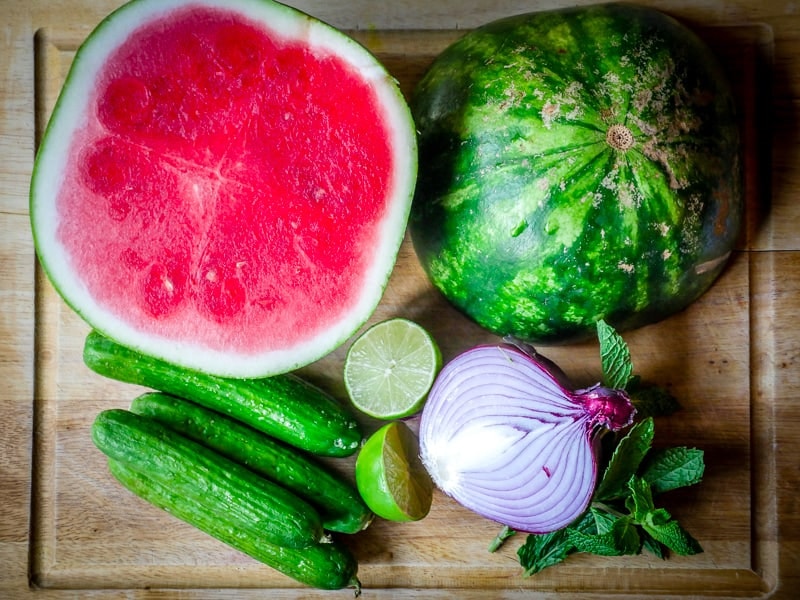
Nutritionist Church adds that, in addition to drinking water, we can increase hydration through water-rich foods such as cucumbers, watermelon, and citrus fruits. These options not only help rehydrate effectively but also provide vitamins and antioxidants that are beneficial for neurological health.



